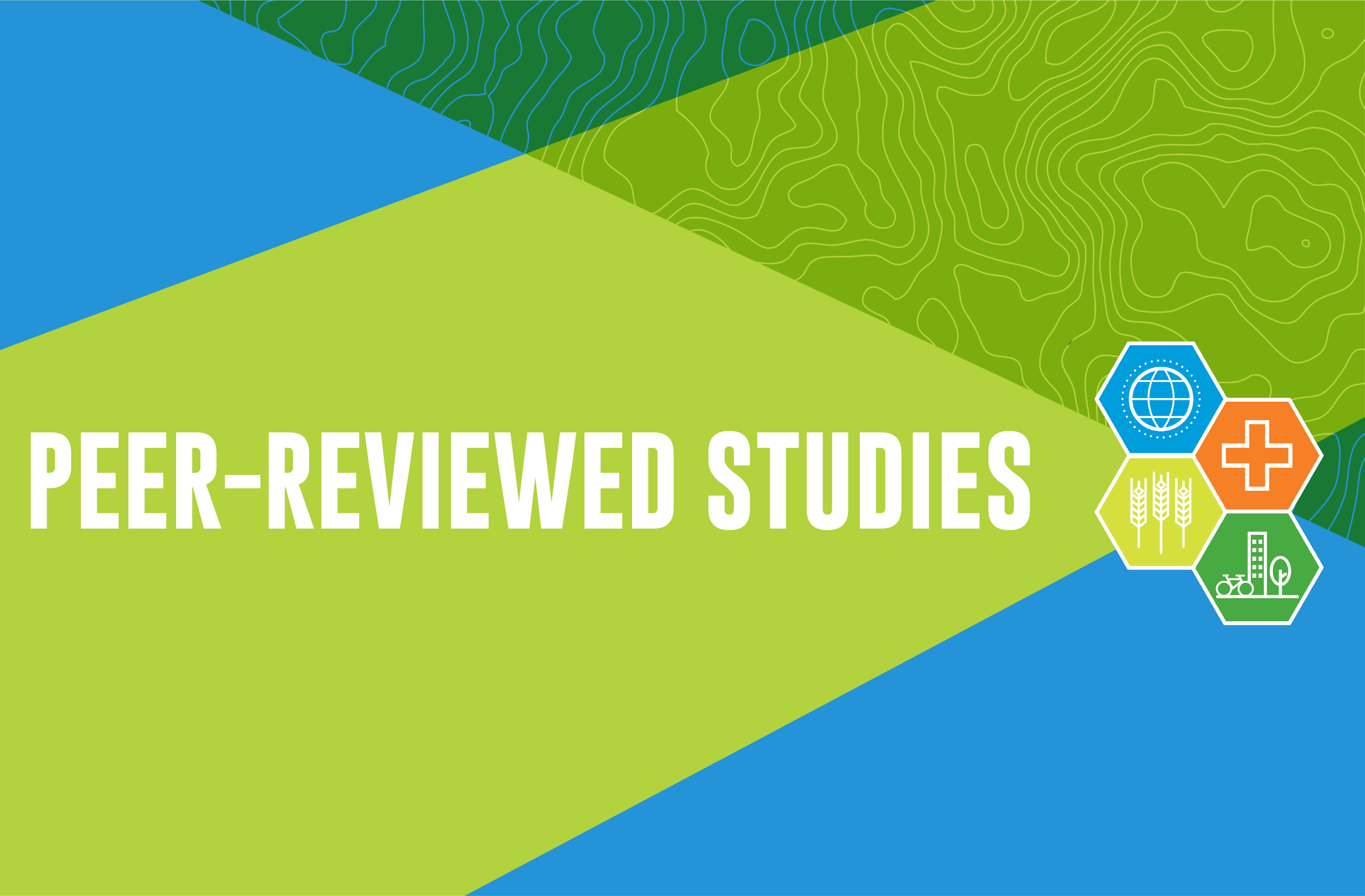Publication Date
9-8-2025
Abstract
Aligning city planning decisions with inclusive and current preferences requires (re)examining urbanites' relationships with their greenery. For example, Vancouver, Canada cultivates broadleaf street trees (reflecting visions of British colonizers), but does this choice reflect current residents? Ecological grief is an increasingly widely used concept that may help indicate today’s human--forest relationships. We surveyed residents of Metro Vancouver (n= 600) and assessed how biophysical, geographical, social identity, and structural factors shape ecological grief. We used two Bayesian models and found that broadleaf and conifer declines evoke similar feelings of grief across all racial groups. We also found that birdwatching, running/walking on sidewalks, income, age, gender, and urbanness captured variations in grief. These results suggest that planting a greater variety of trees and enabling inclusive and meaningful interactions with urban forests may better serve today’s residents. Our study exemplifies how ecological grief can indicate relationships with nature and guide management.
Recommended Citation
Eyster, H. N., & Gould, R. K. (2025). Measuring ecological grief to guide inclusive urban forest management. Canadian Journal of Forest Research, 55, 1–8. doi: 10.1139/cjfr-2025-0092
DOI
10.1139/cjfr-2025-0092



Comments
The version of record is available here: Can. J. For. Res. 55: 1–8 (2025) | dx.doi.org/10.1139/cjfr-2025-0092